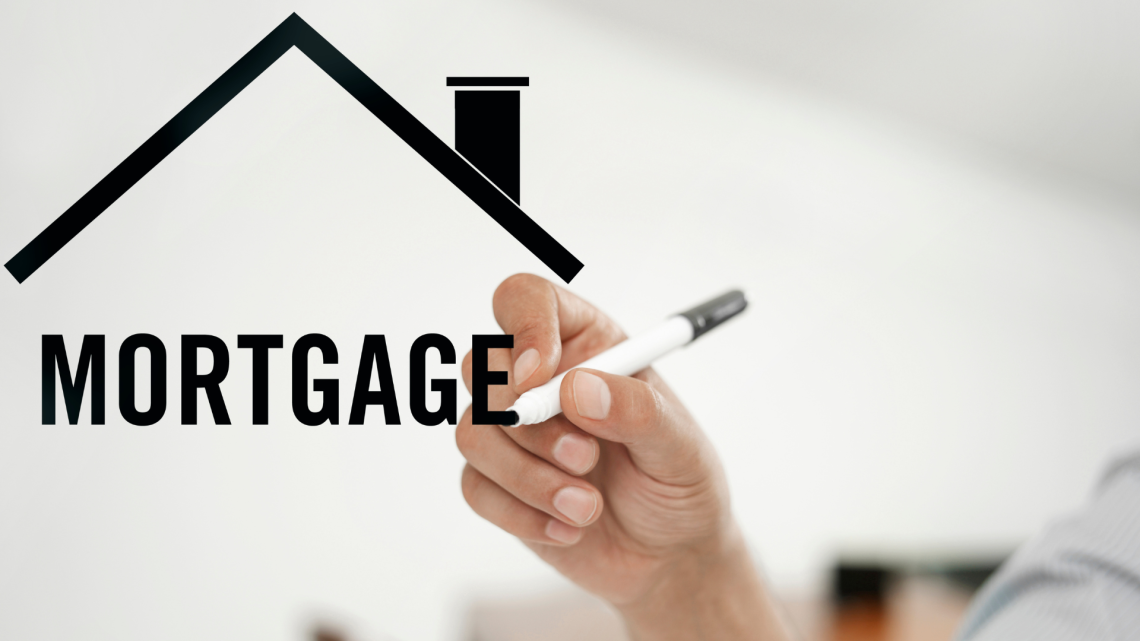
The Different Types of Mortgages Explained
A mortgage is basically a loan that helps you buy a house. It’s got all the important info, like how much money you borrowed, the interest rate (that’s the extra you pay on top), and when and how you’re supposed to pay it back. This stuff is all written down in a legal paper called a mortgage note, which is kind of like a promise letter.
This note, usually labelled as a “selling a promissory note” states the loan amount, interest rate, your monthly payments, and what happens if you can’t pay anymore. Sometimes, the person who gave you the loan might keep this note, or they might sell it to someone else, like an investor. This note can be considered proof that you owe money, and it’s generally tied to your house through another paper called the mortgage document.
The idea of choosing a mortgage might seem overwhelming at first because there are many options you can choose from. In order to truly understand whether the kind of mortgage you pick is suitable to your plans, you could get in touch with a mortgage broker penrith, should that be where you reside. Understanding the nature of mortgage types is essential for availing appropriate housing finance.
Fixed-rate Mortgages
A fixed-rate mortgage is a loan in which the interest rate on the note will remain the same throughout the entire term of the loan. This is as opposed to loans in which the interest rate may adjust or “float”.
Generally, fixed-rate mortgages are available in terms of 10, 15, 20, 25, or 30 years. A 40-year mortgage can also be categorized as one of the most lucrative fixed-rate mortgage options. These are often considered the most popular choice for borrowers who are taking out a loan to buy their primary house.
A key advantage of a fixed-rate mortgage is that it protects the borrower from rising interest rates. If rates rise during the term of a fixed-rate loan, the borrower’s monthly payment will not increase. Conversely, if rates fall during the term of a fixed-rate loan, the borrower may be able to refinance the loan at a lower rate, potentially saving money.
Conventional Mortgages
There are two types of conventional mortgages: conforming and non-conforming. Conforming loans are the ones you picture when you think mortgages, and they can be obtained through qualified mortgage brokers in Red Deer, or elsewhere. They follow specific guidelines, like maximum loan amount and credit score.
Non-conforming loans don’t meet these guidelines and are called jumbo loans. You’ll typically need a higher credit score and a larger down payment for a jumbo loan.
Jumbo loans are typically used by high-income earners who have a good credit score and a low debt-to-income ratio. These loans are used to finance the purchase of expensive homes, such as those in high-priced real estate markets. Jumbo loans typically have a higher interest rate than conventional loans because they are not backed by the government.
Both types of loans typically have fixed interest rates and terms. That means your monthly payment will stay the same for the life of the loan. You’ll know exactly how much you need to budget for each month, making it easier to manage your finances.
Adjustable-rate Mortgages
An adjustable-rate mortgage, or ARM, is a home loan with an interest rate that can change over time. Usually, the interest rate on an ARM is lower than that of a fixed-rate mortgage, at least at first. But if interest rates go up, so will your monthly mortgage payment.
An adjustable-rate mortgage may be a good option if you plan to sell your home within a few years. It is also a good option if you expect interest rates to rise in the future and you want to keep your monthly payments low.
Government-backed Loans
If you’re thinking about taking out a government-backed loan, it’s important to understand the benefits and risks involved. On the plus side, government-backed loans tend to have more flexible credit requirements than conventional loans. They also usually come with lower interest rates and down payment requirements.
On the downside, government-backed loans may have stricter income requirements and limits on how much you can borrow. In a government-backed loan, the government does provide insurance to the lender if you can’t repay your loan. The most common government-backed loans include:
Federal Housing Finance Agency (FHFA) Loans
FHA Loans are offered by approved lenders and insured by the FHA. These loans are available to first-time homebuyers and experienced borrowers alike.
United States Department of Agriculture (USDA) Loans
USDA Loans are offered by approved lenders and guaranteed by the U.S. Department of Agriculture. These loans are available to eligible homebuyers in rural areas.
Veterans Affairs (VA) Loans
A VA loan is a loan made by a private lender to a qualified veteran. The loan is guaranteed by the Department of Veterans Affairs (VA). This means the lender is protected against loss if the borrower defaults on the loan. The VA does not make the loan; it simply guarantees the loan for the lender.
Qualified veterans can get VA loans for buying a home, building a home, making energy-efficient improvements to an existing home, or refinancing an existing home loan. The VA loan program is the most powerful home loan program available. It can help veterans buy a home with no down payment and low-interest rates.





